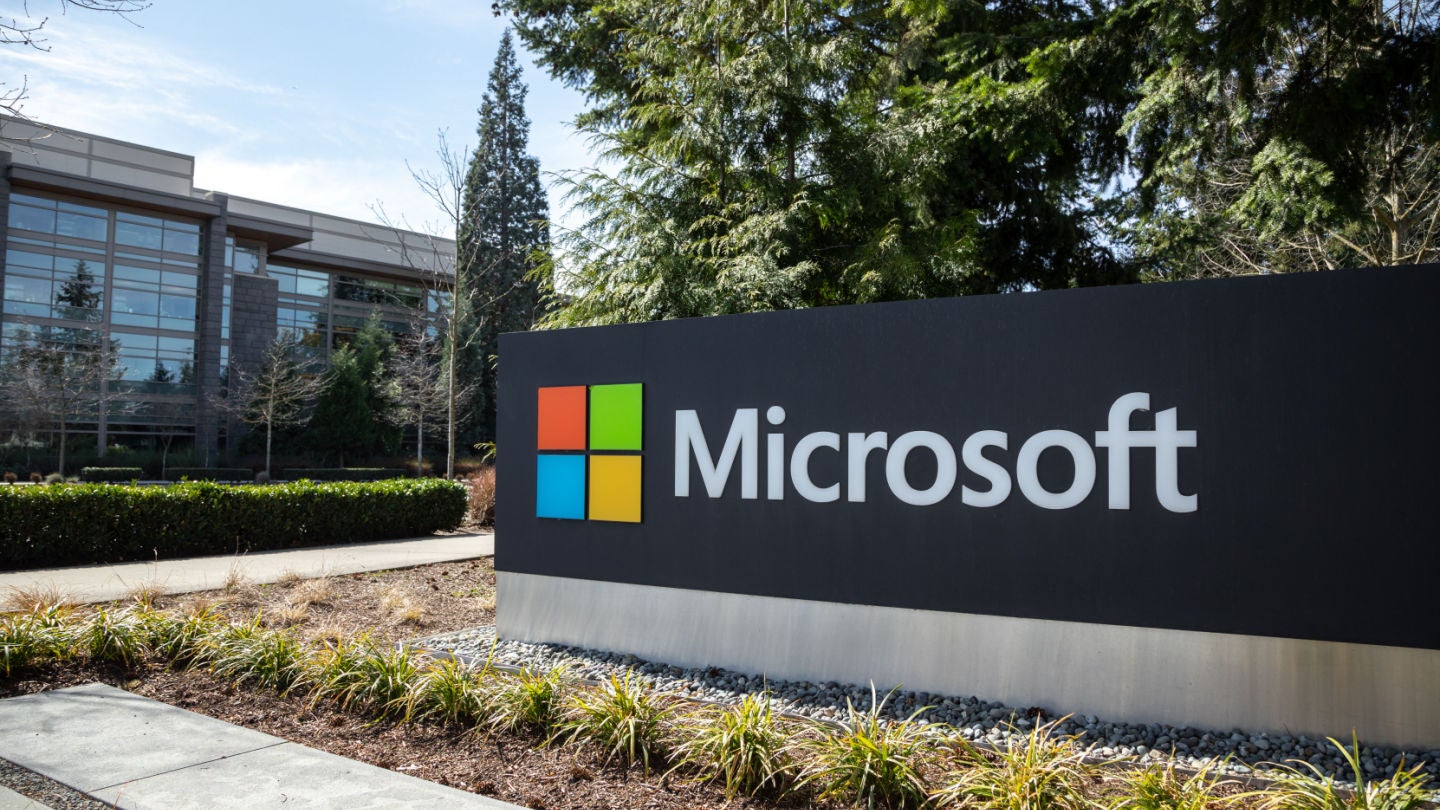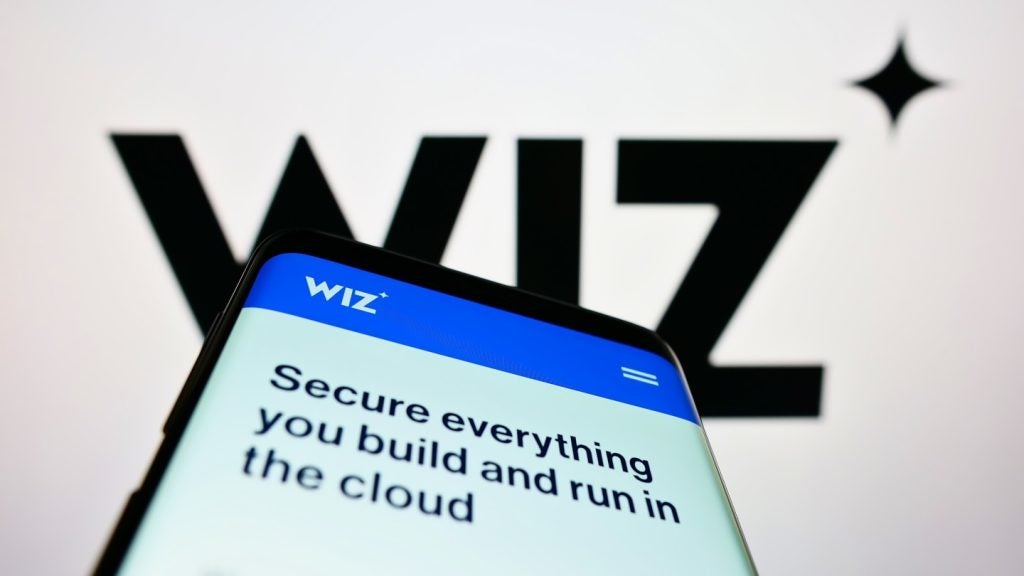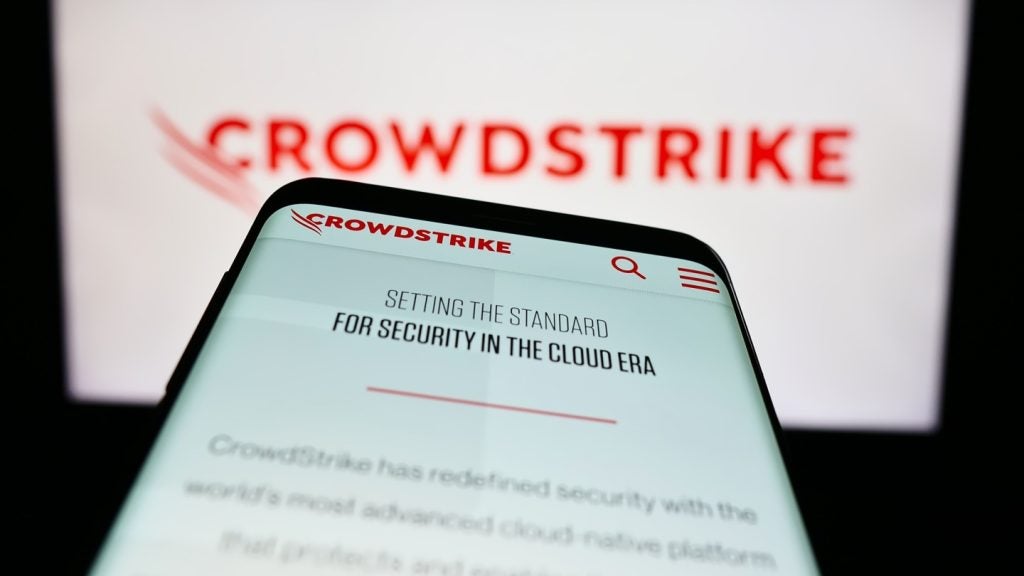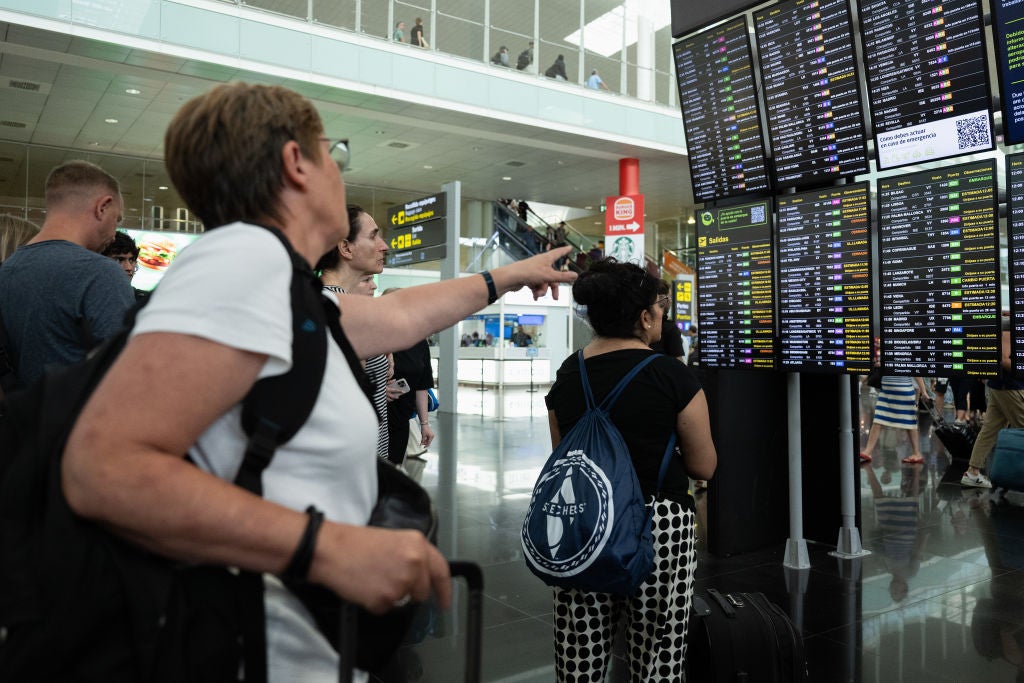Recently, the Competition and Markets Authority (CMA) withdrew some of its key concerns over Microsoft’s $69 billion acquisition of Activision Blizzard, clearing a major hurdle along the road of what would be Microsoft’s biggest-ever buyout and the largest deal in gaming history.
Early this month, Reuters revealed that the cloud computing giant is expected to secure EU antitrust approval, without the obligation to sell assets to win the European Commission’s approval. Suddenly, the deal seems one step closer to receiving the green light from regulators in Europe. But while European regulators look appeased, scrutiny is still very intense on the other side of the Atlantic.
The CMA shifts position
Only in February, the UK’s competition regulator ruled that Microsoft’s deal would result in higher prices and less competition in the console gaming market. It raised concerns that Microsoft would prohibit Call of Duty—Activision’s top video game—from being sold on PlayStation if the deal was to go ahead.
However, just one month later, after collecting further evidence, Martin Coleman, chair of the independent panel of experts conducting the CMA investigation, concluded that “the merger will not result in a substantial lessening of competition in console gaming services because the cost to Microsoft of withholding Call of Duty from PlayStation would outweigh any gains from taking such action”.
While the CMA’s latest shifted position is centered around the console side of the business, it signals a change of attitude that is likely to be adopted in the other part of the watchdog’s investigation: the impact on cloud gaming.
Microsoft has worked hard to appease the EU regulators
The European Commission is scheduled to decide on the deal by April 25 and it appears that last-minute licensing agreements with Nintendo and NVIDIA may have helped win favour for Microsoft in Europe. The software company has entered a 10-year partnership with Nvidia to bring Xbox PC games to Nvidia’s cloud gaming service and also revealed that it has finalised a ten year agreement to bring the latest version of Call of Duty to Nintendo’s platform once the merger with Activision is completed.
How well do you really know your competitors?
Access the most comprehensive Company Profiles on the market, powered by GlobalData. Save hours of research. Gain competitive edge.

Thank you!
Your download email will arrive shortly
Not ready to buy yet? Download a free sample
We are confident about the unique quality of our Company Profiles. However, we want you to make the most beneficial decision for your business, so we offer a free sample that you can download by submitting the below form
By GlobalDataMeanwhile, Sony remains extremely critical of the deal. While Microsoft initially offered Sony a deal to keep Call of Duty on PlayStation for “several more years”, the Japanese company did not seem to be satisfied with the deal.
The FTC took one of its most aggressive actions in decades
On the other side of the Atlantic, Microsoft braces itself for a fiercer battle. In December 2022, the Federal Trade Commission (FTC), under the direction of chair Lina Khan, sued the tech giant to block the acquisition. The move signals an aggressive stance by US regulators over the expansion of Big Tech companies, in this case, the expansion of Microsoft’s video game business. Like European regulators, the FTC is worried that the deal would harm consumers because Microsoft could use Activision’s blockbuster games like Call of Duty to lure gamers from rival platforms.
Despite the strong activism from US regulators, the deal will most likely get the green light. Microsoft is in a strong position to convince the US regulators that the deal between two American companies will ultimately strengthen the country’s hold on gaming, which is increasingly being penetrated by Chinese companies.
Despite this, the move from the FTC is the strongest merger challenge that the Biden administration has seen so far and will define the extent to which the administration is willing to adopt a stricter approach to merger and acquisition activity, especially those involving Big Tech companies.









Related Company Profiles
NVIDIA Corp
Nintendo Co Ltd
Activision Blizzard Inc